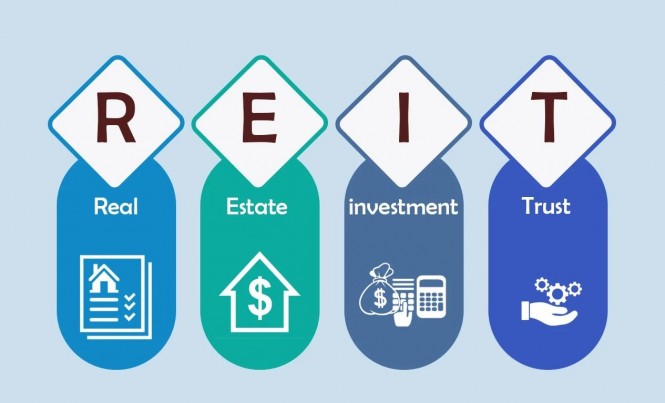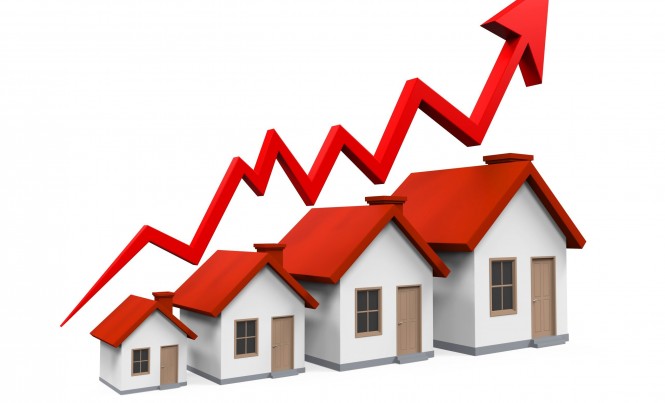
REIT(Real Estate Investment Trust)-A real estate investment trust (REIT) is a company that owns, operates, or finances income-generating real estate.
To REIT or not to REIT.
Real Estate Investment Trusts (REITs) serve as a strategic avenue for investors to tap into real estate markets without the complexities of direct property acquisition, management, or financing. Within the realm of REITs, investors can explore various options, including Equity REITs, Mortgage REITs, and Hybrid REITs, each offering distinctive advantages.
Equity REITs primarily involve ownership of income-generating properties, while Mortgage REITs focus on financing real estate transactions, often through mortgages and mortgage-backed securities. Hybrid REITs, as the name suggests, combine elements of both equity and mortgage REITs, providing a diversified approach to real estate investment.
Clients frequently inquire about the safety, consistency, and functionality of these investment forms. However, there is no one-size-fits-all answer. The decision to pursue a REIT depends on various factors, including financial goals, risk tolerance, and investment strategy.
On one hand, investing in REITs can be a secure and consistent way to diversify a portfolio, offering exposure to real estate markets that might otherwise be challenging for individual investors to access. These trusts often distribute a significant portion of their income to shareholders, making them appealing for income-focused investors.
On the other hand, like any investment, REITs come with risks. Market fluctuations, interest rate changes, and economic downturns can impact the performance of REITs. Additionally, the specific type of REIT chosen can influence its risk profile.
In navigating the complex landscape of real estate investment, it’s crucial for investors to conduct thorough research, consider their financial objectives, and consult with financial professionals. While REITs present opportunities for diversification and potential returns, a nuanced understanding of their dynamics and associated risks is essential for making informed investment decisions.






